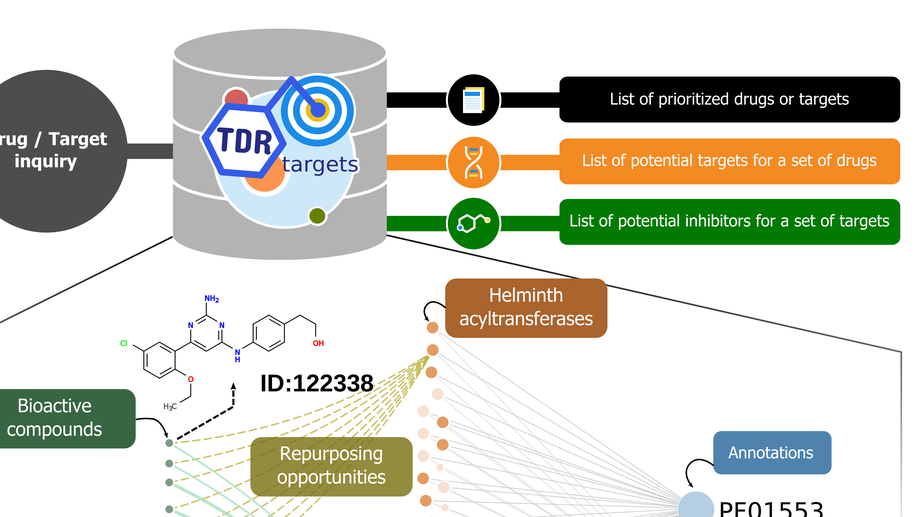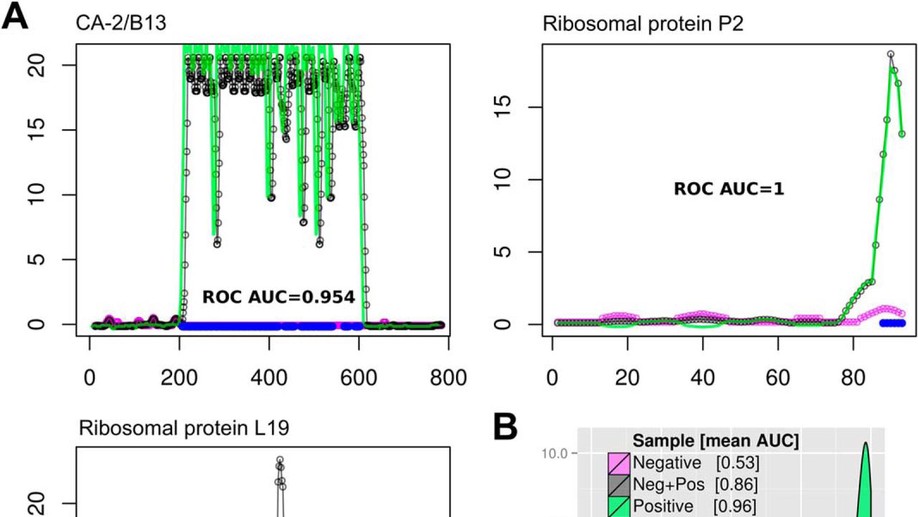The Trypanosomatics Laboratory
Working on data integration to discover new drugs and diagnostics for human pathogens.

Working on data integration to discover new drugs and diagnostics for human pathogens.

Our laboratory is interested in the study of human pathogens, particularly trypanosomes and also others that cause so-called Neglected Tropical Diseases.
We develop computational tools and produce (and re-use) large data sets to formulate and guide our research hypotheses in the quest for new drugs and diagnostics. Smart and intensive data integration, data mining, and high-throughput assays and experiments are at the core of our research activities.
In particular, we have a special interest in the study of trypanosomes such as Trypanosoma cruzi (causative of Chagas disease).
Wellcome to our electronic home in the web. Feel free to browse and poke around.
Estamos buscando …
Highlights from our digital library

TDR Targets, a chemogenomics resource for Neglected Diseases

Setting the stage for high-throughput immunomics in Chagas Disease
Find us at these events and meetings
From pre-prints to final publications, it’s all here